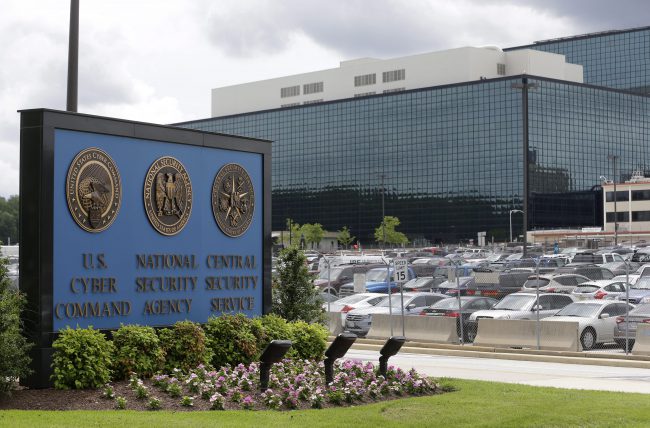The U.S. National Security Agency would need to begin winding down what it considers its most valuable intelligence program before its expiration at year-end if the U.S. Congress leaves its reauthorization in limbo, the agency’s deputy director said on Friday.

The possibility the U.S. government may begin losing access to the surveillance authority even before it would officially lapse on Dec. 31 is likely to increase pressure on lawmakers to quickly renew the law.
“We would have to be looking to work with our mission partners in the government as well as the companies to start scaling down in advance,” George Barnes, the deputy director of the NSA, said at the George Washington University Center for Cyber & Homeland Security event.
READ MORE: Alleged NSA leaker Reality Winner pleads not guilty to divulging classified Russia report

Get daily National news
“We would, definitely. The last thing we would want to do is conduct any operation … if we did not have an active statute in place,” Barnes said in response to a question asked by Reuters. “We would have to work the dates backwards to make sure we didn’t cross the line.”
Asked about the remarks by Barnes, an NSA spokesman said the agency fully expects Congress to reauthorize the program.
The law, Section 702 of the Foreign Intelligence Surveillance Act, allows U.S. intelligence agencies to eavesdrop on, and store vast amounts of, digital communications from foreign suspects living outside of the United States.
READ MORE: Hackers publish documents indicating NSA monitored international bank transfers
- Vegas casino owner’s ‘at par’ pricing sees 15K Canadian visitors in 1 month
- Canada has ‘limited’ seats for citizens on commercial flights amid Iran war
- ‘An eyesore’: Trump’s White House ballroom plans receive deluge of public comments
- Northern European nations will create joint evacuation plans after Ukraine
It is considered a critical national security tool by U.S. officials, who say it supports priorities ranging from counterterrorism to cyber security.
But the program, classified details of which were exposed by 2013 by former NSA contractor Edward Snowden, also incidentally scoops up communications of Americans for a variety of technical reasons, including if they communicate with a foreign target living overseas. Those communications can then be subject to searches from analysts without a warrant.
READ MORE: NSA chief Mike Rogers defends record at Halifax International Security Forum
The scenario articulated by Barnes resembles one that occurred two years ago, when portions of a separate law, the Patriot Act, that allowed the NSA to collect bulk domestic phone metadata were expiring.
Gridlocked over whether to enact reforms, U.S. lawmakers briefly let that Patriot Act lapse. The NSA said it had to begin winding down the program about a week before its expiration.
A bipartisan group of lawmakers in Congress is working on legislation to reform aspects of Section 702, but many Republicans, supported by the White House, want to renew the law without changes and make it permanent.







Comments
Want to discuss? Please read our Commenting Policy first.